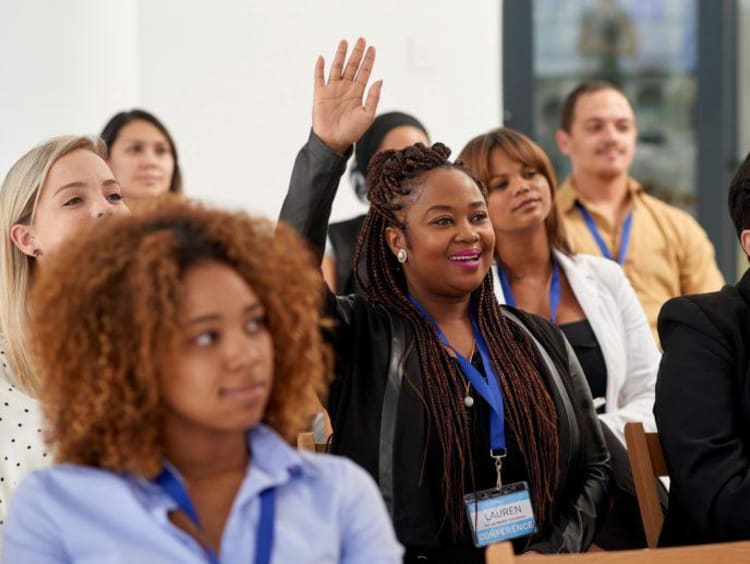The Essential Characteristics of Adult Learners

As a teacher, you have the opportunity to inspire and empower others to strive for personal fulfillment and to make the world a better place. At Grand Canyon University, it is our mission to give you the tools you need to accomplish this. Apply today for our Doctor of Education in Teaching and Learning with an Emphasis in Adult Learning degree program to enhance your ability to help others reach new heights.
Motivations of Adult Learners
Educators know that teaching a class of adult learners is vastly different from teaching grade school or even undergraduate students. Consider the motivations of undergraduate students, which may include any of the following:
- To live up to parents’ expectations
- To learn about one or two subject areas of interest
- To have a degree to put on a resume
- To explore potential career paths
- To experience independent living away from home
In contrast, people who are returning to school for graduate degrees are typically busy professionals who already have an established career. Some common motivations of adult learners include:
- To improve chances of promotions
- To transition into a new career
- To increase salary
- To be recognized as a leading expert in the field
- To stay competitive in a changing world
Compared to younger students, adult learners are typically more results-oriented and self-directed. They already understand the value of education in the workforce, and they have identified the key skills and knowledge they will need to further their careers. Adult learners tend to gravitate toward courses and degree programs that are perceived as stepping stones to achieve a specific career goal.
Methods of Adult Learners
Adults are accustomed to directing their own lives, and they take the same approach with their education. They tend to prefer flexible programs that offer choice, but they also need to know that support and guidance are available. Although every adult learner is unique, many of them prefer to learn by doing, rather than by listening to lectures. As working professionals, they are already accustomed to the give-and-take nature of collaboration. Because of this, they tend to thrive on small group discussions. Another key characteristic of a typical adult learner is the desire for in-depth exploration of a topic. Compared to typical younger students, adult learners have a well-developed attention span, and they like to put it to work focusing on narrow, complex topic areas.
Experiences of Adult Learners
Adult learners are usually returning to school after putting in at least a few years at work. They have had a chance to cement their self-identities, they are firm in their likes and dislikes and many of them have begun to start families. In other words, adult learners have more life experience than younger students, and they perceive new information through the lens of their established experiences. This can sometimes create challenges for educators, but it also creates opportunities for students, who can learn from the enriching life experiences of their peers.
The College of Doctoral Studies at Grand Canyon University offers purposeful degree programs and exceptional learner support services. Click on the Request More Information button to find out more about our Doctor of Education in Teaching and Learning with an Emphasis in Adult Learning degree program.
The views and opinions expressed in this article are those of the author’s and do not necessarily reflect the official policy or position of Grand Canyon University. Any sources cited were accurate as of the publish date.


